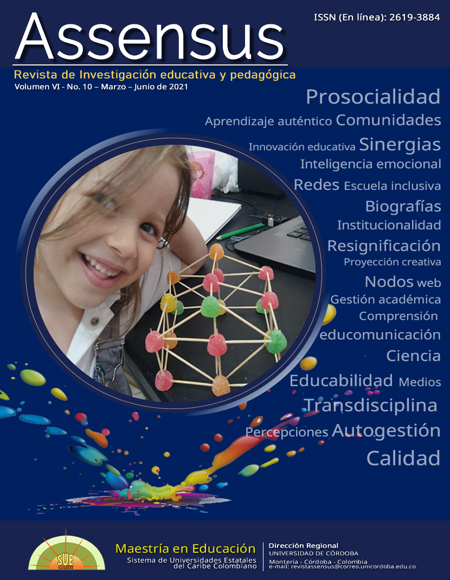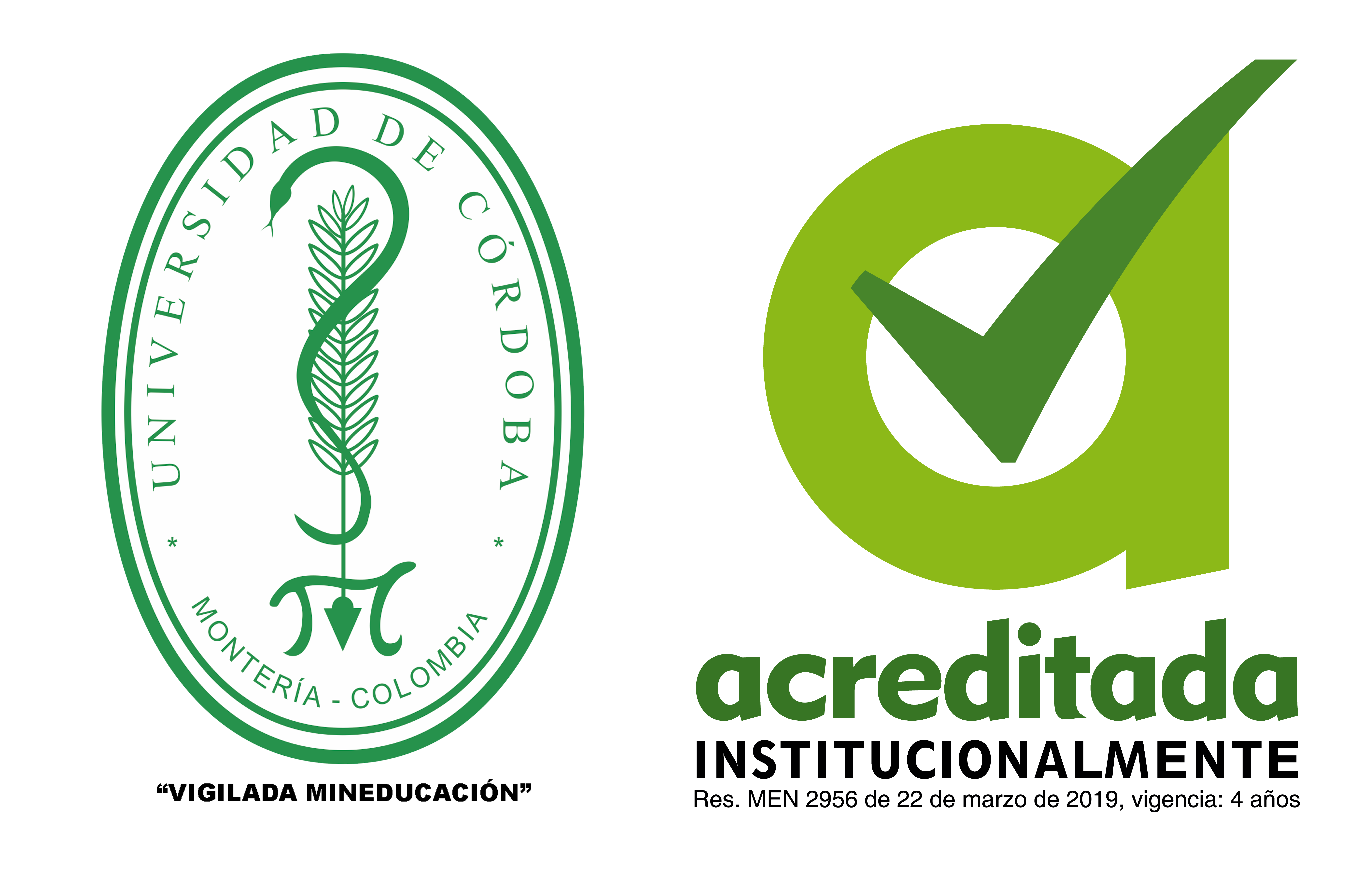Impact of the use of the “Leo y Argumento” strategy for the development of critical thinking skills
Impacto del uso de la estrategia “Leo y Argumento” para el desarrollo de las habilidades del pensamiento crítico
The Assensus journal has a Creative Commons license. The citation, use and partial or total reproduction of the contents is authorized by citing sources. For more information, see https://creativecommons.org/licenses/by-sa/4.0/deed.en
Show authors biography
The purpose of this research was to evaluate the impact of the use of the strategy - Leo and Argument - for the development of critical thinking skills in secondary school students of the Liceo Carmelo Percy Vergara de Corozal Educational Institution. Methodologically, it was structured under a quantitative approach and method. The type of research was descriptive and evaluative with a quasi-experimental design with the participation of two work groups, a control group (Gc) with 19 students and the other experimental (Ge) with 21 students. The technique used was observation through surveys and the instrument designed was a knowledge test divided into six (06) parts and nineteen (19) items. In the pre-test, the two groups showed homogeneity in the results. Poor critical thinking skills. The results obtained in the post test made a great difference in the two groups. The experimental group, to which the strategy was applied, developed 90% of their critical thinking skills, while the control group, which only received normal classes, did not develop these skills. For the final purposes of this research, it is concluded that the strategy used does promote the development of critical thinking skills.
Article visits 333 | PDF visits
Downloads
- Arias, F. (Ed.). (2012). El proyecto de Investigación: Introducción a la metodología científica. Episteme.
- Calle, G. (2014). Las habilidades del pensamiento crítico durante la escritura digital en un ambiente de aprendizaje apoyado por herramientas de la web 2.0. Revista Encuentros, Universidad Autónoma del Caribe, 12 (1), 27-45.
- Díaz, F. (2001). Habilidades de pensamiento crítico sobre contenidos históricos en alumnos de bachillerato. Revista Mexicana de Investigación Educativa, 6 (13).
- Facione, P. (2007). Pensamiento Crítico: ¿Qué es y por qué es importante?. Insight Assessment en 650-697-5628 (Estados Unidos). Eduteka. Recuprado de: Versión 2007 en Español: http://www.eduteka.org/PensamientoCriticoFacione.php.
- Gómez, S. (Ed.). (2012). Metodología de la investigación. Tlalnepantla, Estado de México, México: Red tercer milenio
- Hernández, R., Fernández, C., & Baptista, M. (Ed.). (2014). Metodología de la Investigación. McGRAW-HILL.
- Manrique, S. y Sánchez, L. (2014). Más allá del pensamiento crítico. El trabajo sobre pensamiento y emoción en formación docente. Didac 64 (2014): 51-57.
- Núñez, K. (2013). Programa para el desarrollo del pensamiento crítico a través de la robótica educativa en educación media. Trabajo de Grado. Maestría en Informática Educativa. Universidad Privada Dr. Rafael Belloso Chacin.
- Patiño, A. (2014). El pensamiento crítico como tarea central de la educación humanista. Didac, (64), 3-9. Universidad Iberoamericana Ciudad de México. http://revistas.ibero.mx/didac/articulo_detalle.php?id_volumen=18&id_articulo=215
- Sánchez, L. (2017). Desarrollo de habilidades de pensamiento crítico a través del Aprendizaje basado en juegos para la Educación Ambiental en estudiantes del grado 5 de primaria. Universidad de Ciencias Aplicadas y Ambientales U.D.C.A. https://repository.udca.edu.co/bitstream/11158/890/1/Desarrollo%20de%20habilidades%20de%20pensamiento%20cr%C3%ADtico%20a%20trav%C3%A9s%20del%20aprendizaje%20basado%20en%20juegospara%20la%20EA.pdf
- Tamayo, M. (2003). El proceso de la investigación científica. LlMUSA, S.A. DEC.V.
- Vygotsky, L. (1981) Pensamiento y Lenguaje. Buenos Aires: La Pléyade.
- Zarzar, C. (2015). Método y pensamiento crítico 1. Grupo Editorial Patria



